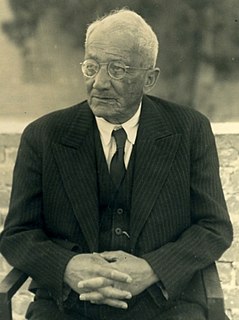A Quote by Eduardo Galeano
The division of labor among nations is that some specialize in winning and others in losing.
Quote Topics
Related Quotes
Losing ... really does say something about who you are. Among other things it measures are: do you blame others, or do you own the loss? Do you analyze your failure, or just complain about bad luck? If you're willing to examine failure, and to look not just at your outward physical performance, but your internal workings, too, losing can be valuable. How you behave in those moments can perhaps be more self-defining than winning could ever be. Sometimes losing shows you for who you really are.
The error in positivism is that it takes as its standard of truth the contingently given division of labor, that between the science and social praxis as well as that within science itself, and allows no theory that could reveal the division of labor to be itself derivative and mediated and thus strip it of its false authority.
There is the work of great men and there is the work of little men. Therefore it is said, 'Some labor with their minds and some labor with their strength. Those who labor with their minds govern others; those who labor with their strength are governed by others.'1 Those who are governed by others support them; those who govern them are supported by them. This is a universal principle.
The romantics were reacting against a modern culture that divided individuals from themselves (through specialisation in the division of labor), from others (the competitive market place) and from nature, which had been reduced down to a machine through technology. The antidote to such division is unity and wholeness, which means feeling at home again in the world.





































